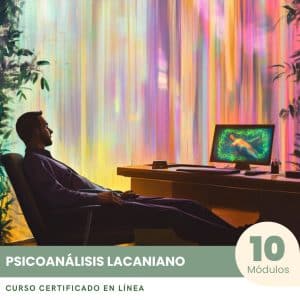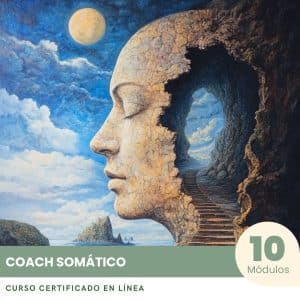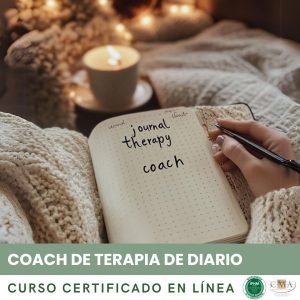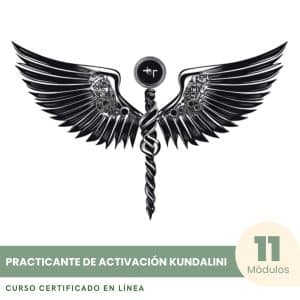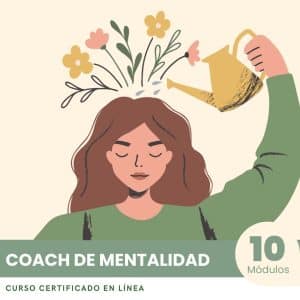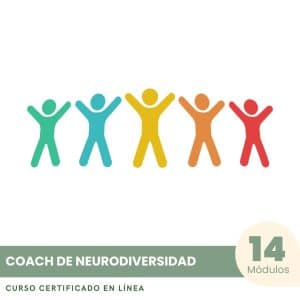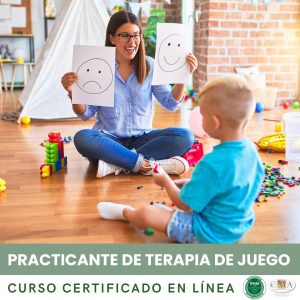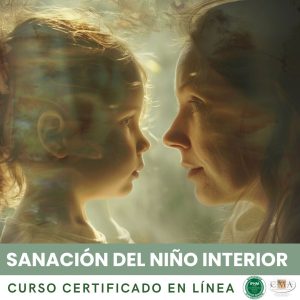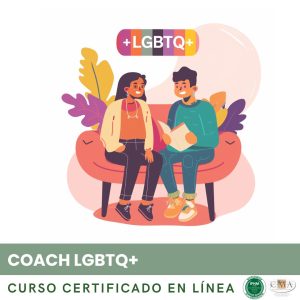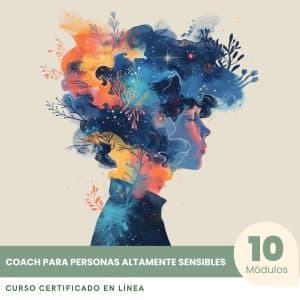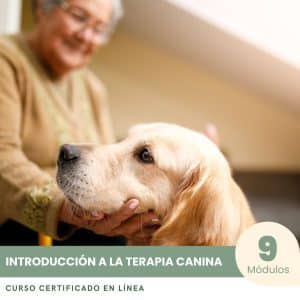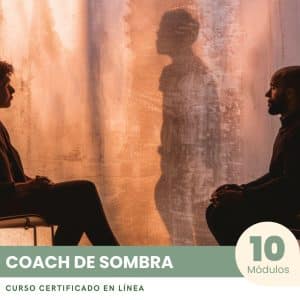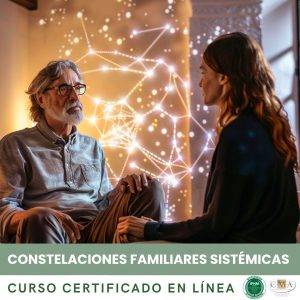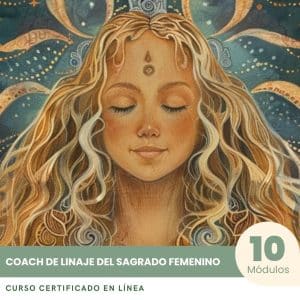7.4 – Meditation and Mindfulness Techniques

Meditation and mindfulness techniques are valuable tools in Ikigai coaching to help the client cultivate inner clarity, presence, and self-connection. By incorporating these practices into the coaching process, the coach invites the client to quiet their mind, take a step back from their thoughts, and connect to their deep aspirations.
Meditation is an ancient practice that involves training one’s attention and consciousness to achieve a state of calm and inner clarity. There are many forms of meditation, like sitting meditation, walking meditation, or guided meditation. In the context of Ikigai coaching, meditation helps the client create a space of silence and presence conducive to introspection and reflection on their life path.
For example, the coach can guide the client in a short meditation at the beginning of the session to help them center themselves, let go of daily concerns, and make themselves available for the exploration of their Ikigai. Regular practice of meditation allows the client to cultivate a greater awareness of their thoughts, emotions, and sensations, and to develop a more tranquil and insightful relationship with their inner experience.
Mindfulness, or mindfulness, is a form of meditation that involves focusing one’s attention on the experience of the present moment, without judgment and with kindness. The practice of mindfulness helps the client free themselves from ruminations about the past or anxious projections about the future, to connect with what is alive and true in the moment. In Ikigai coaching, mindfulness allows the client to cultivate a presence to oneself and to the world that promotes clarity, intuition, and alignment with their deep aspirations.
During an Ikigai coaching, Marc, a stressed and overwhelmed client, learned to integrate moments of mindfulness into his daily life, focusing on his breathing or body sensations for a few minutes each day. This practice helped him take a step back from his anxious thoughts, reconnect with his deep needs, and make choices more aligned with his Ikigai.
The coach can propose different meditation and mindfulness exercises depending on the client’s needs and preferences. These may be guided meditations focused on breathing, the body, or emotions, mindfulness practices in movement like yoga or tai-chi, or visualization exercises anchored in sensations. The goal is to allow the client to find the practices that resonate most with them and that support their journey toward their Ikigai.
Sophie, a client prone to anxiety, found in mindfulness meditation focused on breathing a valuable tool to quiet her mind and rejuvenate. By integrating this practice into her exploration of Ikigai, she was gradually able to free herself from her fears and dare to embark on a professional reorientation aligned with her deep aspirations.
It is important to note that meditation and mindfulness are not “miracle cures” but practices that are cultivated over time and regularly. The coach encourages the client to incorporate these tools into their daily life, at their pace and without judgement. They remind that each meditation or mindfulness session is unique and that the essential thing is to welcome their experience with kindness and curiosity.
To support the client’s practice between sessions, the coach can propose additional resources such as guided meditation applications, books on mindfulness, or recommendations of meditation centers or teachers.
In summary, meditation and mindfulness techniques are valuable allies in Ikigai coaching. They allow the client to cultivate self-presence, inner clarity, and alignment with their deep aspirations. By integrating these practices into the exploration of the different dimensions of Ikigai, such as passions, talents, and world needs, the client equips themselves with powerful tools to quiet their mind, listen to their intuition, and make choices in accordance with their unique life path. The coach supports the client in discovering and appropriating these practices, with a compassionate approach adapted to their needs and rhythm.
Key points to remember:
– Meditation and mindfulness techniques are valuable tools in Ikigai coaching to help the client cultivate inner clarity, presence, and self-connection.
– Meditation allows you to train your attention and consciousness to achieve a state of calm and inner clarity, conducive to introspection and reflection on your life path.
– Mindfulness involves focusing your attention on the experience of the present moment, without judgment and with kindness, thus promoting clarity, intuition, and alignment with your deep aspirations.
– The coach can propose different meditation and mindfulness exercises adapted to the client’s needs and preferences, such as guided meditations, movement practices, or visualization exercises.
– Regular integration of meditation and mindfulness into the client’s daily life supports their journey towards their Ikigai.
– The coach supports the client in discovering and appropriating these practices, with a compassionate approach adapted to their rhythm, proposing additional resources if necessary.
👉 To download docx (Editable) file click here : Click here
👉 To download PDF file click here : Click here
👉 To download MP3 file click here : Click here
